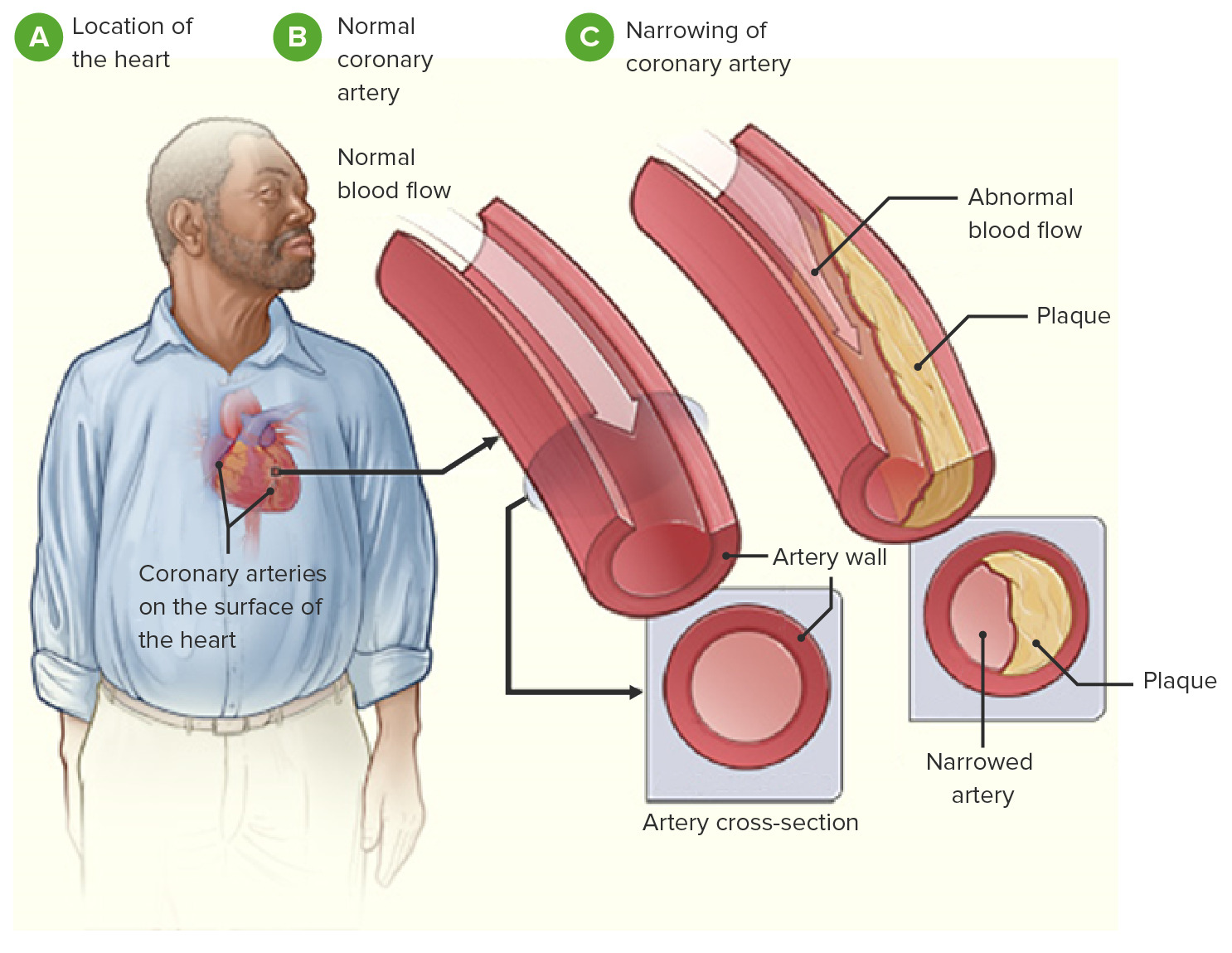Playlist
Show Playlist
Hide Playlist
Cardiac Case: 56-year-old Man with Dyspnea and Ankle Edema
-
Cardiac Case 56-year-old Man with Dyspnea and Ankle Edema.pdf
-
Reference List Cardiology.pdf
-
Download Lecture Overview
00:01 This 56-year-old man complains of dyspnea with minimal exertion as well as ankle edema. 00:06 He also reports marked fatigue and abdominal swelling. 00:09 Two months ago, he had a terrible flu-like illness that took many days to resolve and since then he had note that he had been fatigue and short of breath. 00:19 On physical exam his blood pressure is normal at 133/79 but his heart rate is somewhat elevated at 98. 00:26 His oxygen saturation is normal; his jugular venous pulse is elevated at 15 centimeters of water which implies that the right atrial pressure is elevated. 00:35 Jugular venous pressure or the so called JVP should be less than 10. 00:40 The important points in this case are the history suggests heart failure and he had a recent viral illness and the physical exam suggests that indeed he’s in heart failure with elevated right-sided pressures. 00:54 So, various diagnostic options are around but first thing of course we get a routine chest x-ray and then some echo cardiography. 01:03 Here we see the chest x-ray, there's not the same degree of heart failure as in some of the previous cases - there's not fluid in the lungs, but the heart is markedly enlarged and one can see that it’s enlarged almost certainly because the left ventricle is dilated. 01:18 You can see the tip of the left ventricle there at the apex almost reaching the chest wall. 01:23 In addition, there's left atrial enlargement. 01:26 You can tell that - notice the trachea coming down and then splitting with the two bronchi, they are spread wide apart which occurs with left atrial dilatation again suggestive of increased diastolic pressure in the left ventricle transmitted to the left atrium resulting in left atrial enlargement, again signs of left ventricular failure. 01:47 Here we see a slice from the echo cardiogram. 01:51 You can see that both the left atrium and the right atrium are enlarged. 01:55 The right atrium is very much enlarged as is the RV so clearly this patient has severe left ventricular dysfunction, elevated lung pressures leading to right ventricular failure and right atrial dilation. 02:09 The diagnosis is severe myocarditis secondary to a very recent viral illness. 02:15 The treatment we would start with beta blockade either with metoprolol long acting or carvedilol or bisoprolol. 02:22 We would again use an angiotensin converting enzyme blockade or an angiotensin receptor blocker. 02:28 We would then also give diuretics to get some of the excess fluid off and then of course mineralocorticoid blockade, spironolactone or eplerenone to help block the effect of the renin-angiotensin system which is holding on to fluid in this patient. Hopefully, with time, the viral illness will get better. 02:49 There have been a number of protocols testing various drugs to try and get the inflammation in the heart down, none of them very successful except in giant cell myocarditis which is rare.
About the Lecture
The lecture Cardiac Case: 56-year-old Man with Dyspnea and Ankle Edema by Joseph Alpert, MD is from the course Cardiovascular Cases.
Customer reviews
5,0 of 5 stars
| 5 Stars |
|
1 |
| 4 Stars |
|
0 |
| 3 Stars |
|
0 |
| 2 Stars |
|
0 |
| 1 Star |
|
0 |
awesome no words to explain Dr.Joseph alpert has made cardiology so much fun and easy to study




